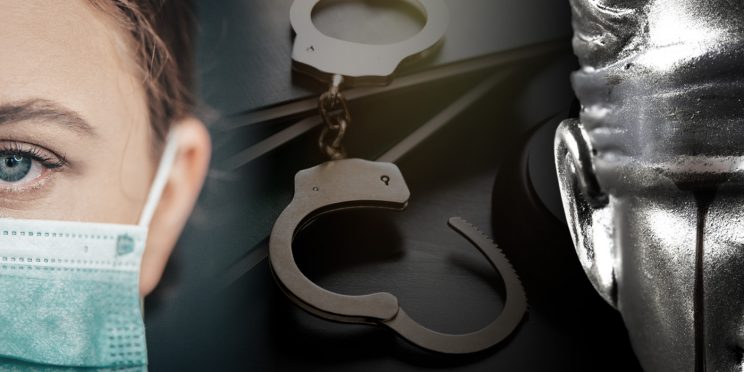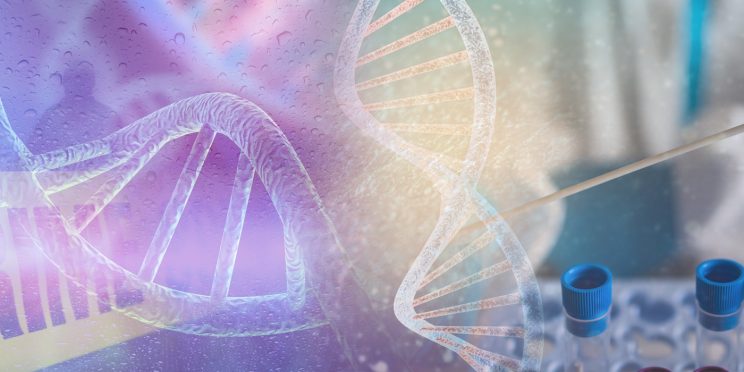Original Release Date: January 7, 2022
In episode one of our Perspectives on At-Home Sexual Assault Kits season, Just Science sat down with Dr. Julie Valentine, a researcher, sexual assault nurse examiner, and the Associate Dean of Brigham Young University’s College of Nursing, to discuss the use of at-home sexual assault kits.
As a researcher in sexual assault response reform and a sexual assault nurse examiner, Dr. Valentine is a subject matter expert on collecting evidence in sexual assault cases. Listen along as she discusses her work in sexual assault response reform, and her perspective on the role of at-home sexual assault kits in sexual assault cases in this episode of Just Science.
This episode of Just Science is funded by the National Institute of Justice’s Forensic Technology Center of Excellence [Award 2016-MU-BX-K110].
Some content in this podcast may be considered sensitive and may evoke emotional responses, or may not be appropriate for younger audiences.
View or download the episode transcript here:
Transcript
Guest Biography
Dr. Julie L. Valentine is an Associate Dean and Associate Professor at Brigham Young University College of Nursing and certified sexual assault nurse examiner with Wasatch Forensic Nurses. Her research focus areas are sexual violence, intimate partner violence, and criminal justice system response to sexual violence. Dr. Valentine focuses on collaborative research studies uniting disciplines in sexual assault case reform to benefit victims and case processing. She developed a growing data set of ~8,000 sexual assault cases tracking information from evidence collection through DNA analysis–the largest database of its kind. Findings from this database have informed state and national policies and interdisciplinary practices. Dr. Valentine is very active in using her expertise and research to inform legislative policy. Dr. Valentine was appointed to the National Institute of Justice Sexual Assault Forensic Evidence Reporting (SAFER) Act Working Group in the development of national best practice policies in sexual assault cases, National Best Practices in Sexual Assault Kits: A Multidisciplinary Approach (2017). Dr. Valentine is primary author of three awarded federal grants since 2015 totaling 3.45 million dollars. Dr. Valentine has served in a variety of roles within the International Association of Forensic Nurses (IAFN), from Utah Chapter President to Director-At-Large for International Board of Directors (2020 to present). Additionally, Dr. Valentine was primary author of a middle-range forensic nursing theory, the Constructed Theory of Forensic Nursing Care to serve as an international framework for forensic nursing education, practice and research. Dr. Valentine was inducted as a Fellow into the American Academy of Nursing in 2020.
The opinions, findings, and conclusions or recommendations expressed in this podcast episode are those of the presenter(s) and do not necessarily reflect those of the U.S. Department of Justice.
Contact us at ForensicCOE@rti.org with any questions and subscribe to our newsletter for notifications.




